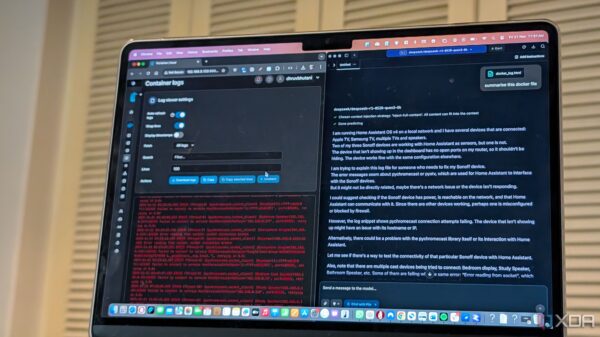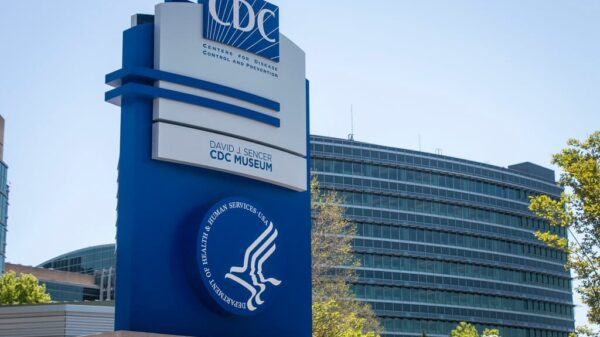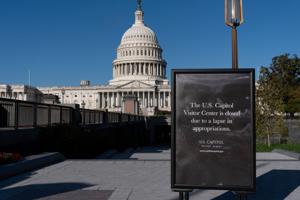Senate Democrats are prepared to reject a stopgap funding bill for the tenth time, insisting that Congress address health care benefits. This ongoing standoff has resulted in significant disruptions, leaving hundreds of thousands of federal employees furloughed and many others without guaranteed paychecks. The impasse, which has persisted for over two weeks, underscores the escalating tensions within Congress.
Democrats assert they will not support the funding bill unless there is a commitment to extend subsidies for health plans available through the Affordable Care Act marketplaces. They emphasize that failing to secure these subsidies could lead to considerable premium increases for millions of Americans who purchase their own health insurance, including small business owners, farmers, and contractors. With a crucial deadline approaching on November 1 in most states, Democrats believe that voters will pressure Republicans to engage in serious negotiations.
Impact on Federal Employees and Health Care Coverage
The repeated votes on the funding bill have become a defining feature of the current legislative session, often dominating discussions on the Senate floor. House Republicans have vacated Washington, contributing to the stagnation in negotiations. As a result, the uncertainty has left many federal workers in limbo, with their financial security hanging in the balance.
Democrats argue that the health care issue is not merely a political bargaining chip but a critical concern for many Americans. They highlight that without a resolution, individuals relying on these health plans could face steep increases in their insurance premiums, affecting their ability to access necessary medical care.
Oceania Cruises Alters Itineraries Amid Trade Tensions
In a separate development, Miami-based Oceania Cruises, part of Norwegian Cruise Line Holdings, announced it is revising select itineraries in Asia due to new retaliatory port fees imposed by China. These fees, which took effect this week, are a response to similar charges that the United States has levied on Chinese-owned vessels docking in American ports.
According to a spokesperson from Oceania Cruises, American ships will incur a fee of 400 yuan (approximately $56) per net ton for each voyage to Chinese ports. The spokesperson stated, “Ships can no longer effectively visit mainland Chinese ports. We share in the disappointment of these necessary changes and are committed to providing our guests with itineraries that deliver exceptional destination experiences.”
The decision to avoid mainland China ports reflects broader trade tensions between the two nations. As these developments unfold, the impact on the travel and tourism industry remains uncertain, with potential repercussions for both American cruise operators and international travelers.



































































